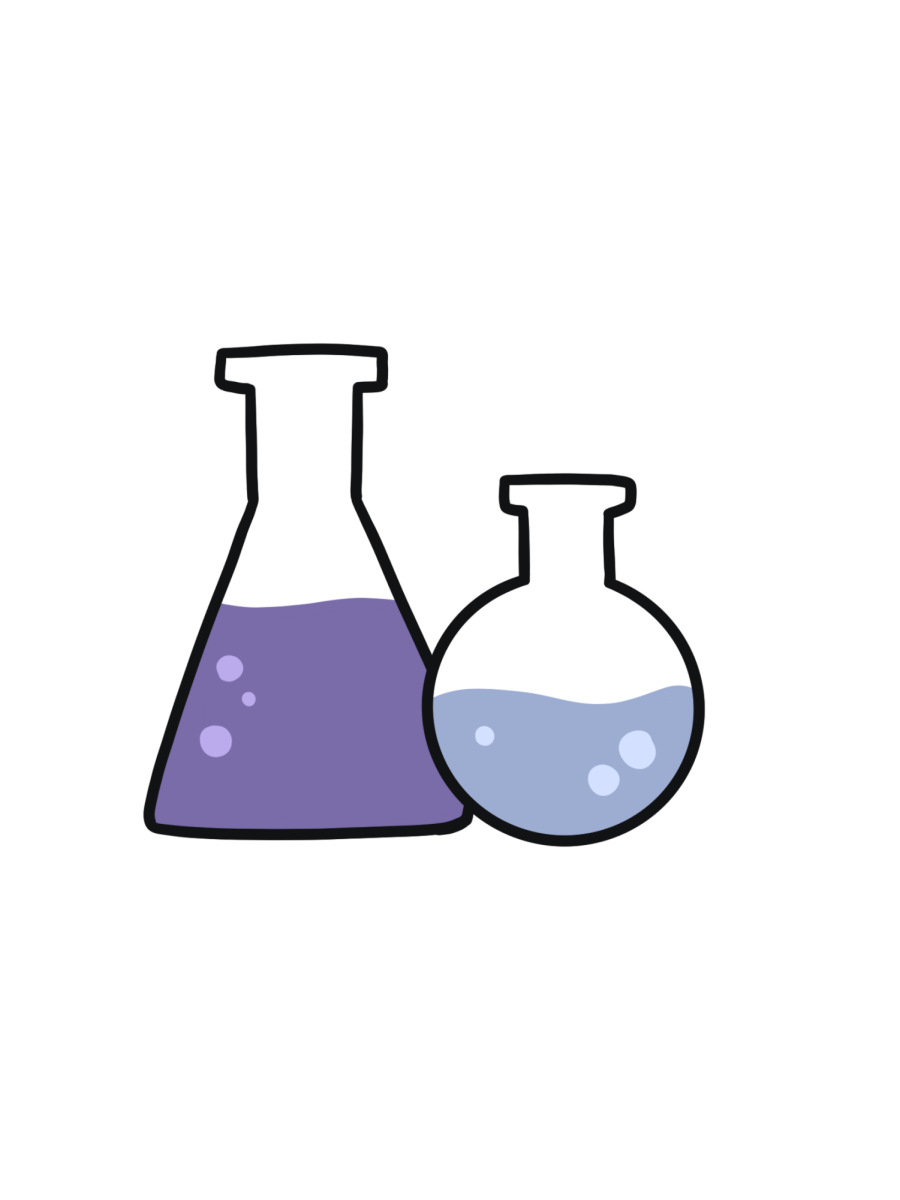“America runs on Dunkin,” and RM runs on caffeine. The stimulant is found in coffee, energy drinks, tea and soda, and is often abused to kick start the day. Whether it is students, teachers or administration, cups, mugs, thermoses and cans can often be spotted throughout the hallways and classrooms around school.
The widespread caffeine addiction has affected many students’ and teachers’ daily routines. “The craziest thing I have done for my caffeine addiction is that I bought myself an individual coffee maker, a Keurig, for work,” AP Psychology and IB Anthropology teacher Carlos Montalvan said.
The addiction is a growing concern among high school students and staff, as many individuals rely on caffeine to boost energy levels, enhance focus and combat tiredness, especially during long school days. “I 100 percent have an addiction,” Montalvan said.
While an average amount of caffeine consumption can have some benefits, excessive intake can lead to dependence and negative health effects. “I just got my brother hooked on tea,” junior Gabrielle Stephenson said. “I have three cups of tea everyday, but not at normal hours you would think. When I wake up, before I go to bed and mid afternoon when I get home from school.”
“My Dunkin refreshers get me through the day, almost everyday of the week. I don’t know what I would do without them,” sophomore Scarlett Funes said.
One of the main reasons students and teachers turn to caffeine is due to the demand and stress of academic life. Long study and work hours, early mornings, extracurriculars, after-school activities and the pressure to perform well can lead to exhaustion. Many students and staff may seek quick fixes through caffeinated beverages.
“One time I didn’t have time to make coffee in the morning, and I felt like I was going through withdrawl the whole day. My head hurt, I was shaky, so tired, and kind of nauseous the whole day. I started my day in a bad mood too,” junior Felipe Zegarra said.
However, the body can develop a tolerance to caffeine over time, meaning that individuals may need to consume more to achieve the same effects. This cycle can lead to increased consumption, making it difficult to cut back or quit altogether.“I had to take a two-week Celsius cleanse last year because I was starting to not feel the effects of the caffeine in my drink,” sophomore Ana Djordjevic said.
However, many students disagree on this matter and avoid caffeine, especially before a school day. There are several reasons why some might choose to avoid the substance, one reason being that caffeine can disrupt their nightly routine and sleep schedules. “I used to drink coffee every day, but it kept me up at night, I had trouble falling asleep,” senior Krish Parikh said.
Also, although caffeine can boost in energy and activeness, a crash may be followed later in the day. For students who are balancing busy schedules throughout the day and need to utilize their time in the evenings for school work, caffeine can leave them feeling more tired and less able to focus.
Caffeine can cause increased anxiety and jitters, which can be a challenge for students to concentrate in class or during tests, and increase stress levels. “Caffeine makes me too hyper in class and sometimes anxious,” senior Paige Keith said. By avoiding caffeine, students may find that they can maintain a more stable mood and focus better on their studies. Not drinking any caffeine in the mornings can lead to a more balanced and productive day.
“I don’t have an addiction to caffeine, I could go without it forever,” said Stephenson.









